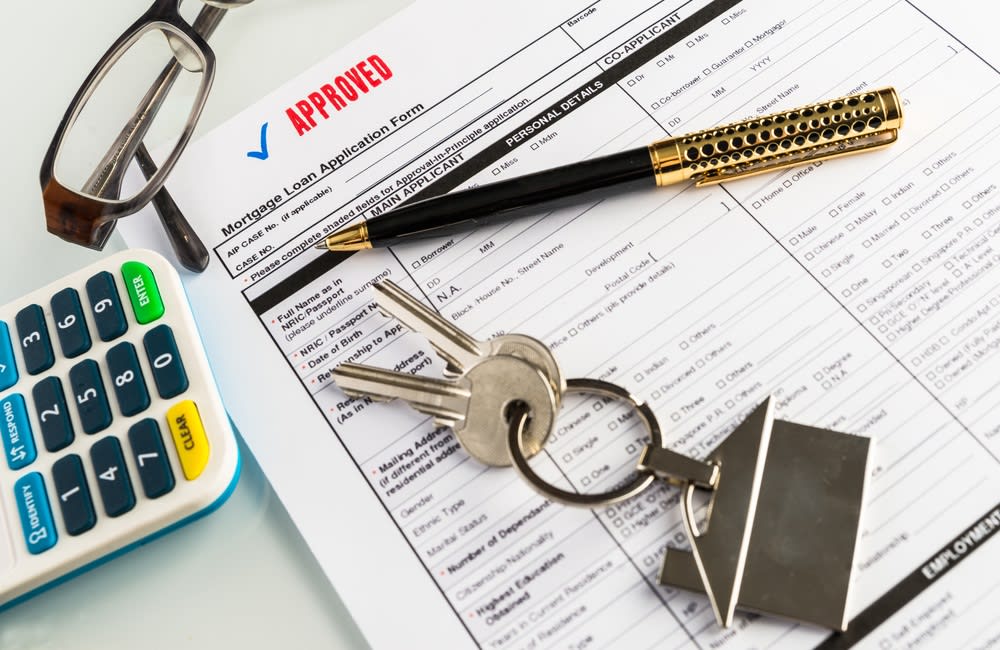Downtown Seattle is a great place to live, and there are plenty of investors out there who have downtown Seattle circled on their map. Perhaps you’re wondering if downtown Seattle real estate is the right investment for you. This article will give you more information about how you can start investing in property in downtown Seattle. Once you have a better idea of what the process entails, you can decide if you’re ready to take the next step.
1. Prepare for the process
2. Secure the necessary funds

Unless you plan to buy a home in cash, you’ll need to work with a lender to receive the money needed to purchase your home. You should start talking with potential lenders early on in the process, as this will give you the best idea of how much you can receive in a loan. Make sure you speak with multiple lenders since different groups or individuals will offer different interest rates. These numbers are impacted by the national interest rate, but they can still vary from lender to lender. Once you get a pre-approval letter, you can shop for downtown Seattle real estate with greater clarity about what you can afford.
3. Consider how you’ll make money
4. Look for ways to boost your ROI

Over the course of time, you’ll want to think about how you can help your home increase in value. First things first, you have to make sure the home maintains its current worth by keeping up with all necessary maintenance and repairs. A home is like a living and breathing organism, and it can quickly deteriorate if you don’t give it a proper amount of care. In addition to performing regular maintenance on your home, you may also look for renovations or additions to make that will boost your property value. Keep in mind that not all projects are created equally. Some additions might make sense if you’re planning to use them yourself, but they don’t always provide the return you’re hoping for. Most experts believe the top projects for ROI are minor kitchen and bathroom renovations, along with anything that makes your home more energy efficient. These are great places to start.
5. Hire a property manager

In the past section, you learned the importance of keeping up with routine maintenance on your home. This is significant for any home that you own, but it matters even more when you’re hoping to rent your property on a short-term or long-term basis. Many investors find that hiring a property manager makes the process of caring for a home much easier, especially if they don’t live in close proximity to the home. A property manager can help prepare the home for changing seasons, and they can respond to maintenance requests from tenants. If you’re going to rent your home on a long-term basis, the property management company could even help you collect rent and market your home to potential tenants.
6. Understand the tax implications
In addition, you must report rental income if you rent the home out for more than fourteen nights during any given year. If you rent your home for less than fourteen nights, you don’t have to report the income, but you cannot claim any additional deductions on your home beyond property taxes and mortgage interest. Reporting rental income allows you to write off other expenses related to the home, such as the fee you’ll pay to your property manager, as well as any money you spend on services such as professional cleanings. Also, you can write off your utilities and insurance on a prorated basis based on how many nights the home is occupied by tenants.
Jeff Reynolds loves helping potential investors find their perfect downtown Seattle property. He has nearly twenty years of industry experience, and he is willing to work tirelessly to find the top properties and secure the best deals for each of his clients. His area knowledge and market expertise will be a tremendous asset for you as you shop for homes for sale in downtown Seattle.

